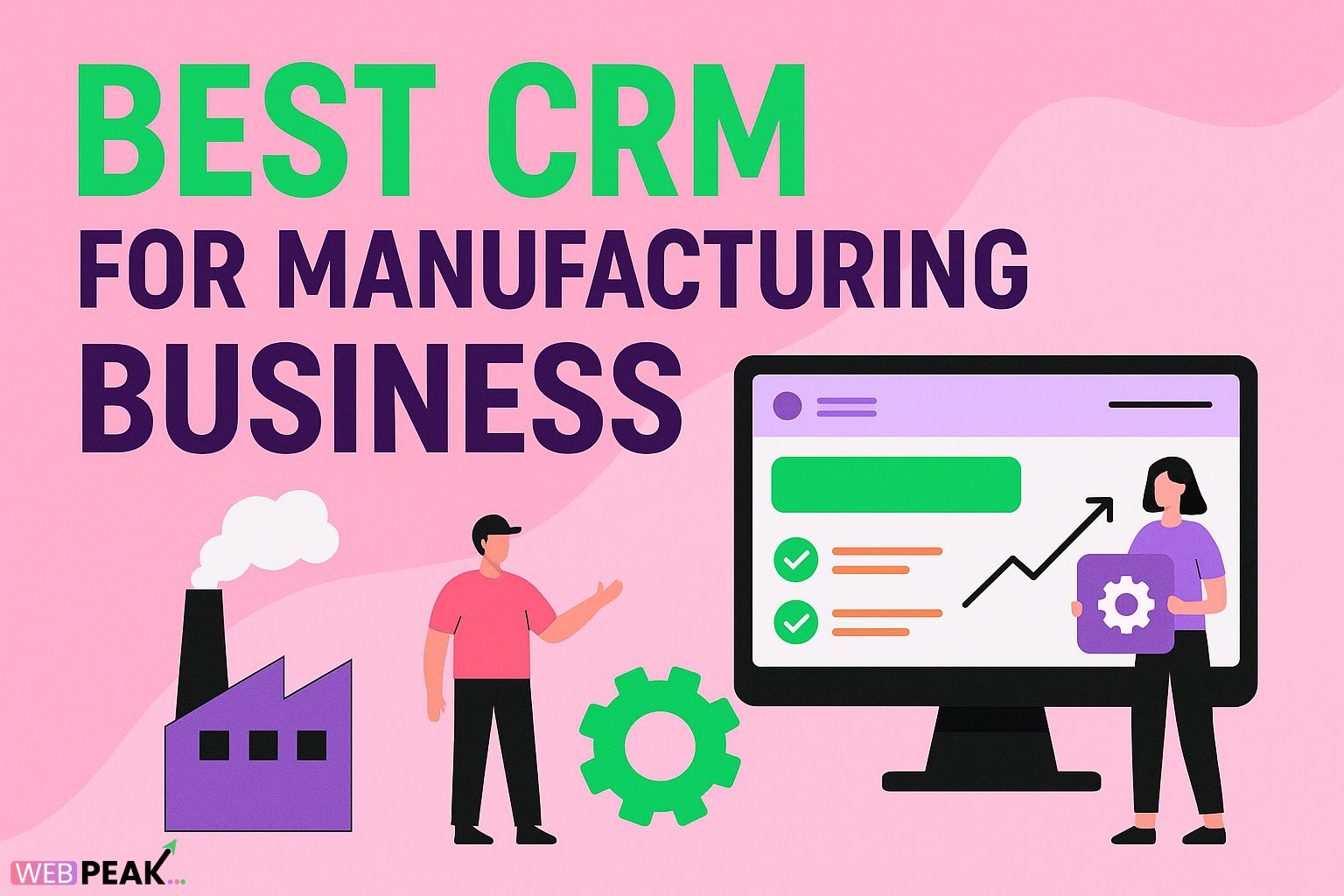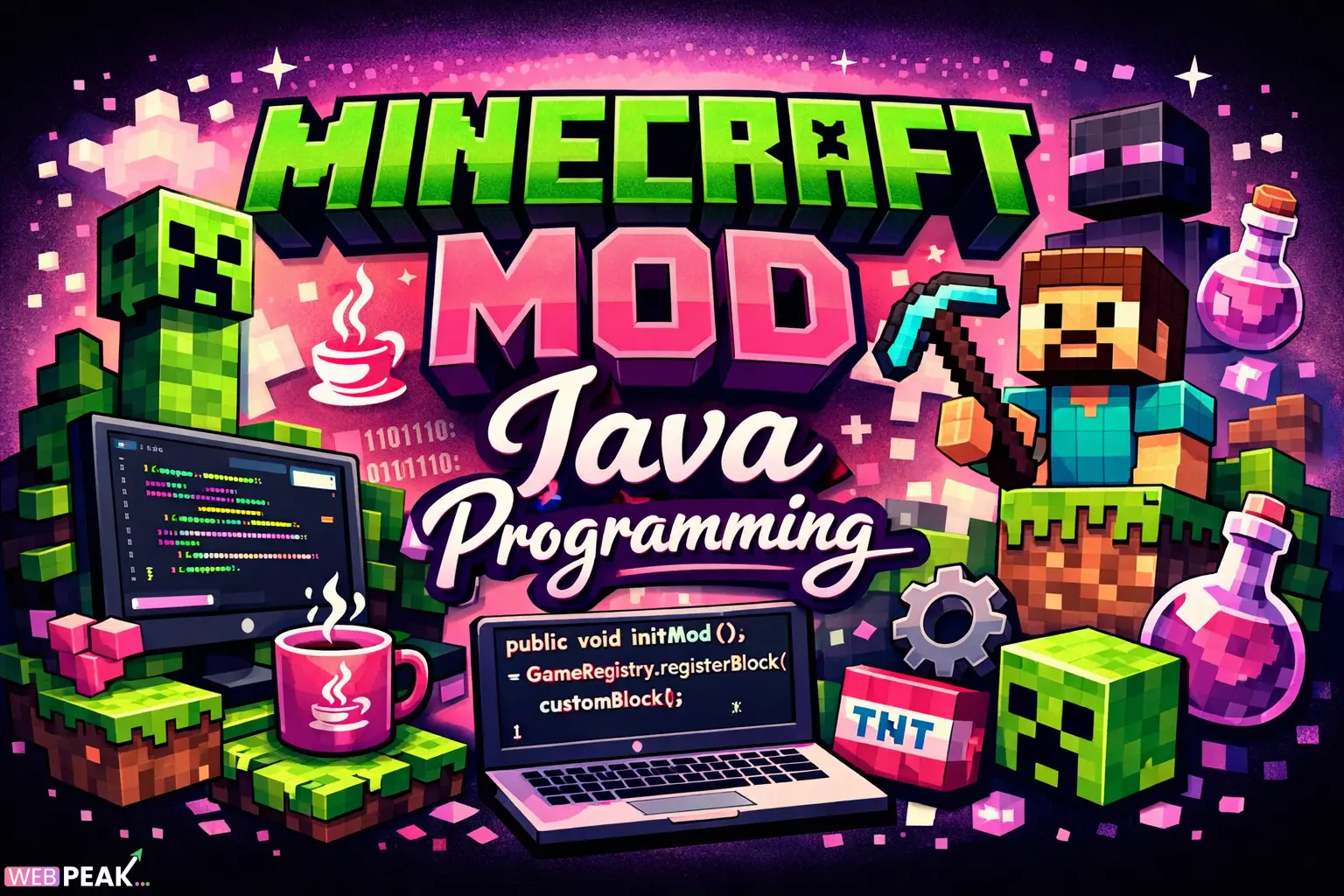Best CRM for Manufacturing Business: A Complete Guide to Choosing the Right System
Selecting the best CRM for manufacturing business is no longer optional—it’s a critical step for companies looking to stay competitive, streamline operations, and improve customer relationships. In today’s complex manufacturing landscape, where supply chain disruptions, evolving customer demands, and the need for automation are constant challenges, a powerful CRM can transform how manufacturers operate. The right CRM doesn’t just store customer data; it aligns sales, production, inventory, and service teams to deliver a unified workflow. This guide explores what makes a CRM ideal for manufacturing companies, features to look for, and the best options available in 2025.
This in-depth article also includes actionable SEO tips, expert insights, and a helpful FAQ section. It aims to serve as a complete reference for any manufacturing business seeking a strategic advantage through smarter customer relationship management. If you're building or optimizing your digital presence, consider partnering with WEBPEAK, a full-service digital marketing company offering Web Development, Digital Marketing, and SEO services to help manufacturing brands grow online.
Why Manufacturing Companies Need a CRM
Manufacturing companies operate in a unique environment—one that relies heavily on precise coordination between departments, suppliers, distributors, and customers. Unlike retail or service-based businesses, manufacturers deal with complex product cycles, long sales processes, and B2B relationships that require constant nurturing. A CRM tailored for manufacturing addresses these challenges by:
- Centralizing customer and vendor information for easy access.
- Streamlining sales forecasting to align production schedules with demand.
- Improving communication across engineering, production, and sales teams.
- Reducing errors in quoting, ordering, and inventory management.
- Tracking after-sales service, warranty claims, and maintenance schedules.
Key Features to Look for in the Best CRM for Manufacturing Business
Not all CRMs are built for the complexities of manufacturing. While many generic solutions provide basic customer management tools, the following advanced features are essential for modern manufacturing operations.
1. Lead and Opportunity Management
Manufacturers need a CRM that can handle long B2B sales cycles and track leads across various stages. Look for systems offering:
- Automated lead scoring
- Multi-stage pipeline visualization
- Quote and proposal generation
- Sales forecasting tools
2. Inventory and Supply Chain Integration
A powerful manufacturing CRM should integrate seamlessly with ERP or inventory management systems. This ensures:
- Real-time inventory visibility
- Automated stock alerts
- Accurate demand forecasting
- Smoother production planning
3. Product Configuration and Quoting (CPQ)
Complex products with customizable options require tools that help sales teams generate accurate quotes. A CRM with CPQ functionality can:
- Reduce errors in pricing and configuration
- Speed up proposal creation
- Enhance customer satisfaction with transparency
4. Customer Support and After-Sales Management
Manufacturers often deal with warranties, repairs, and parts replacements. A CRM with a service module helps track:
- Service tickets
- Preventive maintenance schedules
- Warranty claims
- Field service operations
5. Integration With Existing Software
Your CRM should integrate with tools you already use, such as:
- ERP systems (SAP, Oracle, Odoo)
- Accounting software (QuickBooks, Xero)
- Production management tools
- Marketing automation platforms
6. Real-Time Reporting and Analytics
Manufacturing data is complex. A CRM should provide actionable insights, such as:
- Sales performance dashboards
- Customer behavior trends
- Production and leads correlation
- Profitability reports per order or client
7. Mobility and Cloud Access
Sales teams, field technicians, and managers should have access to CRM data anytime and anywhere. Cloud-based CRMs offer:
- Real-time updates
- Data accessibility for remote teams
- Enhanced collaboration
Top 7 Best CRMs for Manufacturing Business in 2025
Here’s a detailed breakdown of the CRMs best suited for manufacturing companies today.
1. Salesforce Manufacturing Cloud
Salesforce remains the industry leader thanks to its scalability and customization. The Manufacturing Cloud adds features specifically designed for manufacturers, such as:
- Real-time sales and operations alignment
- Account-based forecasting
- Custom manufacturing dashboards
- Advanced partner relationship management
Best for: Mid to large-scale manufacturers needing enterprise-level capabilities.
2. HubSpot CRM for Manufacturing
HubSpot offers an intuitive, user-friendly CRM with strong marketing automation features. It’s ideal for manufacturers wanting to generate more leads and streamline communication.
- Free plan available
- Strong email automation tools
- Sales pipeline management
- Integration with ERP tools via third-party apps
3. Zoho CRM
Zoho CRM is known for affordability and flexibility. It’s great for small to medium-sized manufacturers looking for advanced features without high costs.
- AI-powered insights
- CPQ capabilities
- Workflow automation
- Seamless multi-department alignment
4. Microsoft Dynamics 365 for Manufacturing
Microsoft Dynamics 365 offers deep integration with ERP systems and is ideal for companies already using Microsoft products.
- Advanced supply chain tools
- Field service management
- Power BI analytics
- Scalable modules
5. Odoo CRM
Odoo provides an all-in-one suite for manufacturing businesses, including MRP, ERP, CRM, and inventory modules.
- Open-source flexibility
- Affordable pricing
- Complete manufacturing workflow integration
- Strong project management tools
6. Pipedrive
Pipedrive offers a simple, visual sales pipeline ideal for manufacturers focusing on sales process optimization.
- Easy to use
- Highly visual pipeline
- Automation for repetitive tasks
- Integrates with inventory modules through apps
7. Freshsales
Freshsales by Freshworks provides an affordable CRM with powerful AI-driven insights.
- Customizable pipelines
- Built-in phone and email
- Lead scoring
- Omnichannel communication
How to Choose the Right CRM for Your Manufacturing Business
With so many options available, choosing the right CRM can be overwhelming. Here are factors to guide your decision:
- Company size: Larger companies may require enterprise-grade CRMs like Salesforce or Microsoft Dynamics.
- Budget: Zoho, Odoo, and HubSpot offer cost-efficient solutions.
- Existing software: Choose a CRM compatible with your ERP and accounting tools.
- Customization needs: Open-source systems like Odoo allow deep customization.
- After-sales service needs: Pick a CRM with strong service modules if maintenance is a key part of your business.
SEO Checklist for Manufacturers Implementing CRM Content
To boost your website’s visibility when writing CRM-related content or optimizing product pages, follow this actionable SEO checklist:
On-Page SEO
- Include the main keyword in the title, meta description, and H1 tag.
- Use semantic keywords like “manufacturing CRM,” “ERP integration,” and “B2B sales tools.”
- Optimize internal linking between product pages, blogs, and service pages.
- Include compressed screenshots or diagrams showcasing CRM workflows.
Technical SEO
- Ensure fast page load times by compressing images and minimizing scripts.
- Use schema markup for articles and FAQs.
- Implement breadcrumb navigation for easier crawling.
- Make sure your site is fully mobile responsive.
Off-Page SEO
- Build backlinks from manufacturing directories and B2B industry blogs.
- Share CRM implementation case studies on LinkedIn.
- Create downloadable whitepapers on manufacturing automation.
Frequently Asked Questions (FAQ)
1. What is the best CRM for manufacturing business?
The best CRM depends on your company size and needs. Salesforce Manufacturing Cloud and Microsoft Dynamics 365 are ideal for enterprise-level companies, while Zoho, HubSpot, and Odoo work well for small to medium manufacturers.
2. Why do manufacturing companies need a CRM?
Manufacturers need CRMs to manage long sales cycles, automate communication, streamline production planning, and improve customer satisfaction through accurate and timely service.
3. What features should a manufacturing CRM have?
A manufacturing CRM should include inventory integration, CPQ tools, sales forecasting, service management, and ERP connectivity.
4. Can a CRM integrate with ERP systems?
Yes, most modern CRMs integrate with popular ERP systems like SAP, Oracle, Odoo, and Microsoft Dynamics to provide seamless cross-department coordination.
5. Which CRM is best for small manufacturing businesses?
Zoho CRM, Odoo, HubSpot, and Pipedrive offer cost-effective solutions ideal for small manufacturers.
6. Is a cloud-based CRM better for manufacturers?
Yes, cloud CRMs offer real-time updates, remote access, scalability, and easier integration—making them ideal for modern manufacturing teams.
7. What is the cost of a CRM for manufacturing companies?
Costs vary widely, ranging from free plans (HubSpot) to enterprise solutions costing $100–$300 per user per month (Salesforce, Microsoft Dynamics).
Final Thoughts
Choosing the best CRM for manufacturing business can significantly improve productivity, streamline your operations, and enhance customer experience. With advanced tools for sales, production planning, inventory, and after-sales service, the right CRM becomes a central hub for your business. Evaluate your needs carefully, compare features, and select a system that supports your long-term growth goals.





